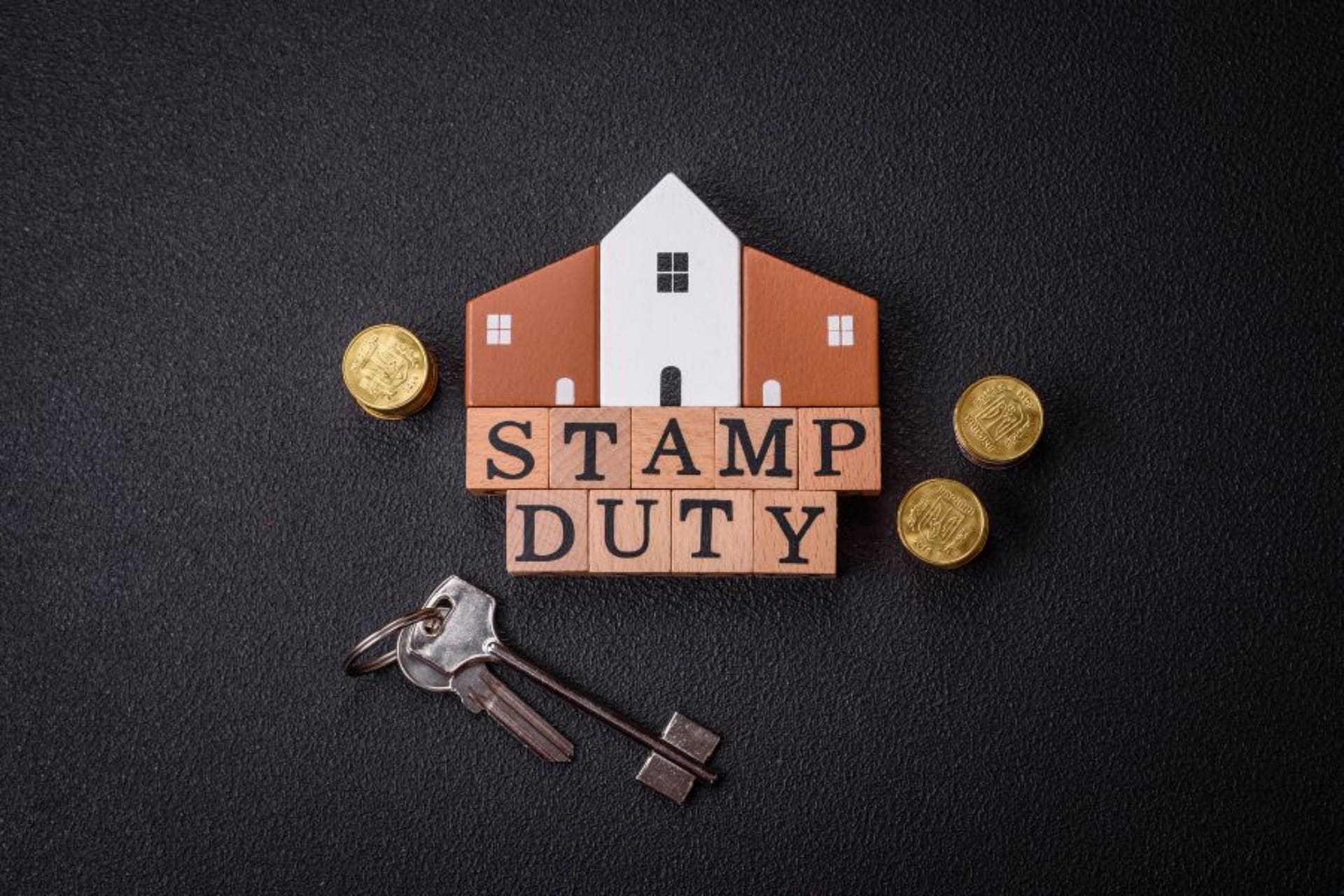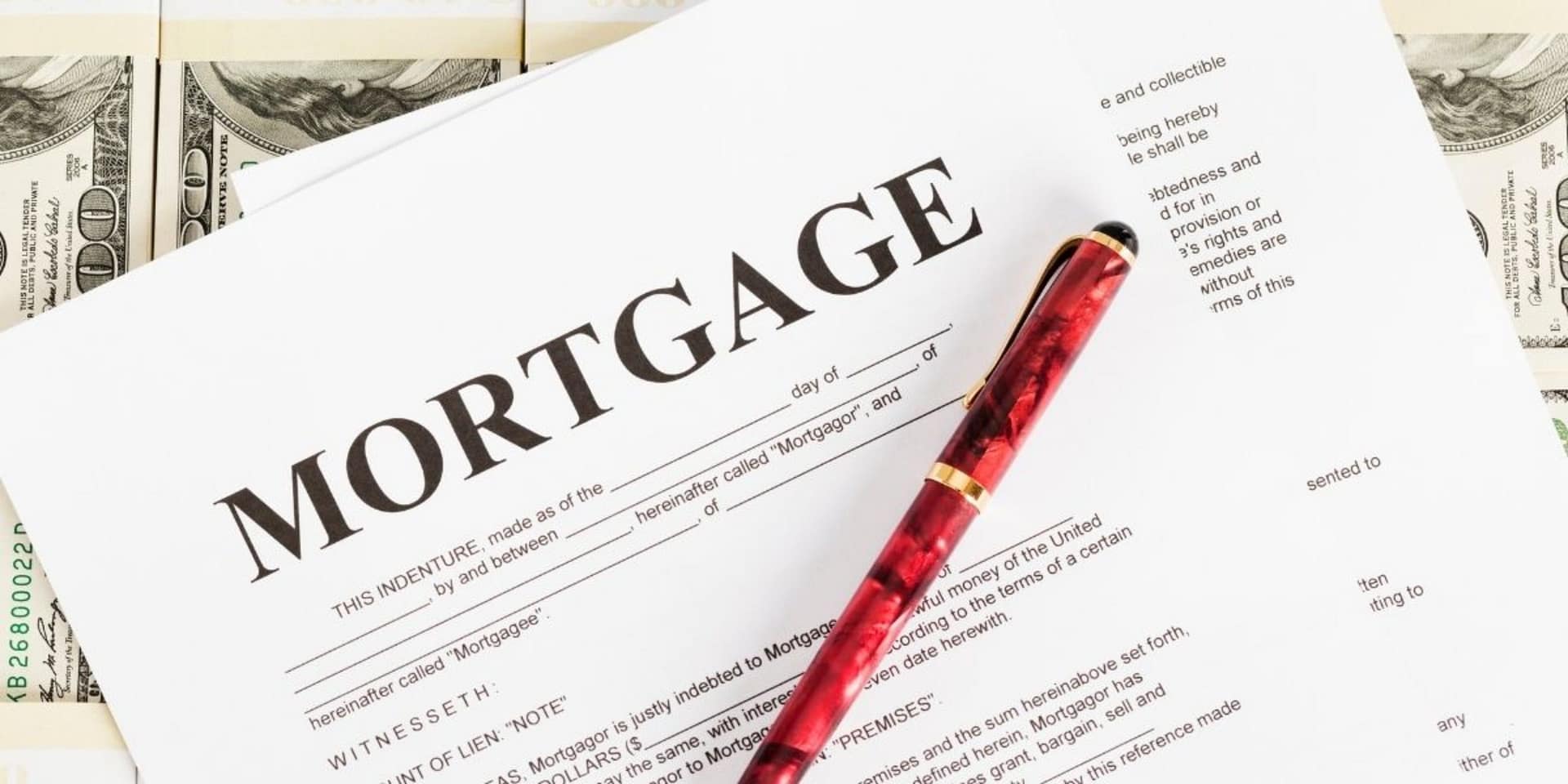Purchasing a house in Queensland (Qld) involves several costs beyond the listing price. Prospective homeowners need to be aware of these expenses to plan their budget effectively.
In this article, we will explore the various costs associated with buying a home in Queensland, including recent legislative changes that could impact these expenses.
Table of Contents
ToggleStamp Duty Changes in Queensland
One of the most significant costs when buying a house in Queensland is stamp duty. However, recent changes have been implemented to provide relief to first-time homebuyers.
As of the latest legislative update, the Queensland government has increased the concession rates, making it more affordable for first-time buyers to enter the housing market. This adjustment aims to stimulate the real estate sector and provide more Queenslanders with the opportunity to own a home.
Also read: Ongoing Costs of Owning a Home in Australia
Legal and Conveyancing Fees
Legal and conveyancing fees are critical components of purchasing a house. These services cover the cost of legal advice, document preparation, and the transfer of ownership. Typically, these fees can range from $1,000 to $3,000 depending on the complexity of the transaction and the conveyancer’s rates.
Inspection Costs
Before finalizing a house purchase in Queensland, it’s prudent to conduct various inspections. These might include building inspections, pest inspections, and electrical inspections. The cost for these services can vary, but they generally range from $300 to $600 per inspection. These inspections ensure the property is in good condition and free of issues that could cause costly problems in the future.
Loan-Related Fees
When securing a mortgage, there are several fees one might encounter. These include application fees, mortgage registration fees, and loan establishment fees. Additionally, if the purchase involves less than a 20% down payment, lenders generally require buyers to pay for lenders mortgage insurance (LMI), which can be a substantial expense depending on the loan amount.
Bank Charges and Other Miscellaneous Costs
Potential homeowners should also consider bank charges related to setting up new accounts or transferring funds. Additionally, there are other miscellaneous costs like moving expenses and utility connections that can add up quickly.
Ongoing Costs
Aside from the initial costs of buying a house, there are ongoing expenses that homeowners should anticipate. These include council rates, body corporate fees (if applicable), and home insurance. These costs are recurrent and can significantly impact the overall budget if not planned for appropriately.
Recent Changes and Government Initiatives
In an effort to assist first-home buyers, the Queensland government recently increased the price cap for the First Home Owners’ Grant to $750,000 for new builds. This means that eligible buyers can receive a $15,000 grant to help with the upfront costs of buying their first home.
Furthermore, the state government has also implemented changes to stamp duty concessions for first-home buyers. As of July 1, 2023, the stamp duty concession threshold was increased to $650,000, allowing more first-time buyers to benefit from reduced stamp duty rates.
Conclusion
While the costs of buying a house in Queensland may seem overwhelming, being prepared and informed is key to a smooth and successful purchase. By understanding the various expenses involved and staying up-to-date with the latest government initiatives, you’ll be well on your way to owning your dream home in the Sunshine State.
Understand the Real Costs of Buying a Home with CJC Law
Are you ready to buy a house but unsure about all the associated costs? Let CJC Law guide you through the often-overlooked expenses, ensuring you’re fully prepared for this significant investment.
From legal fees to unexpected charges, our expert advice will help you budget smartly and avoid surprises. Trust CJC Law conveyancing to provide clarity and support every step of the way. Ready to learn more? Contact us today and secure your financial future in the housing market.




